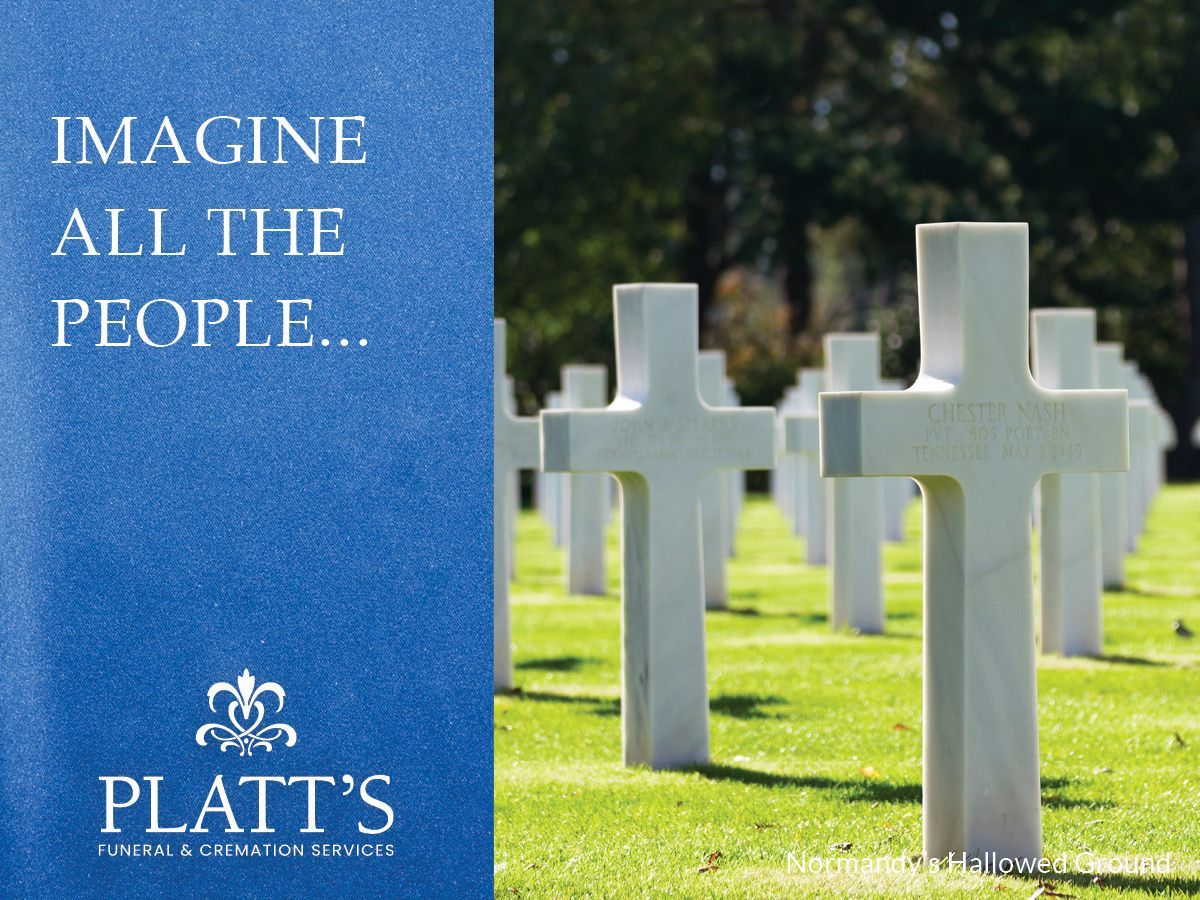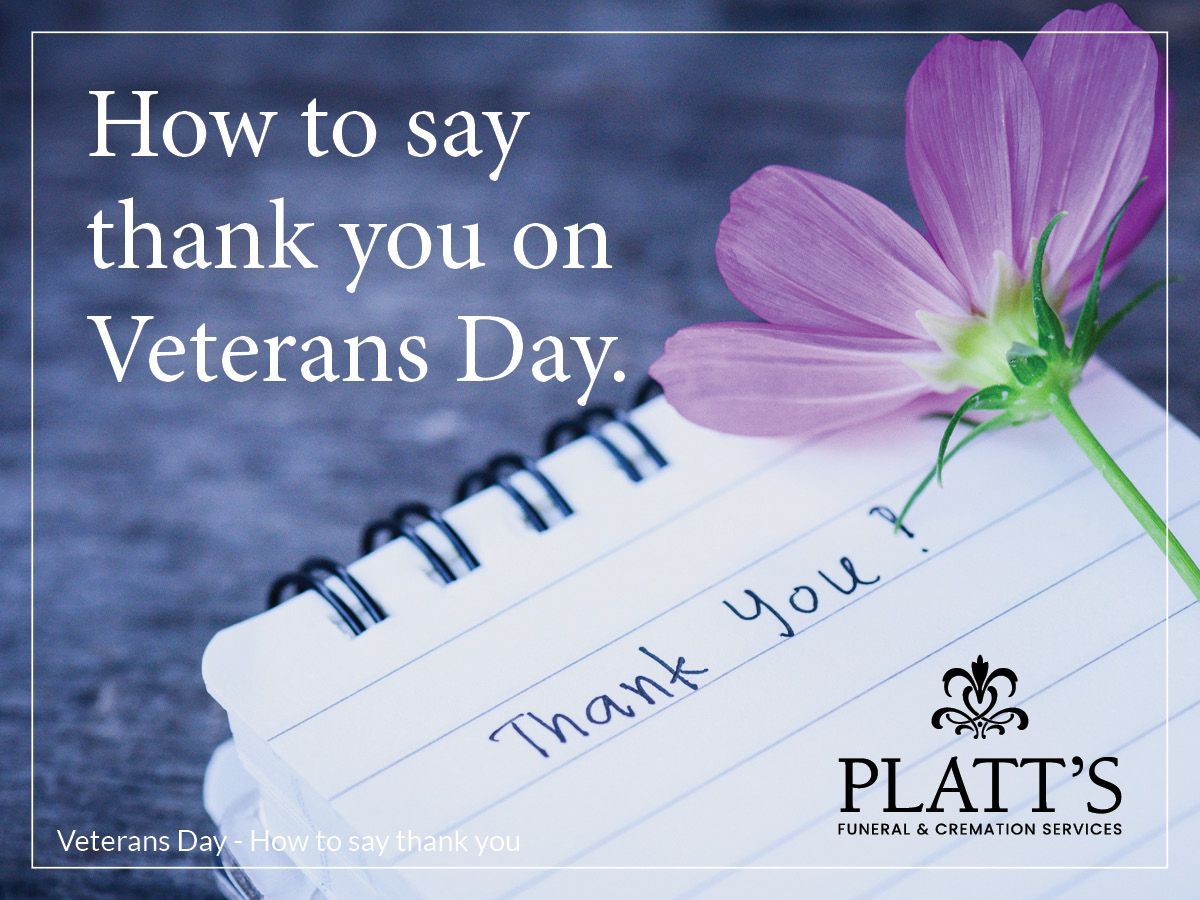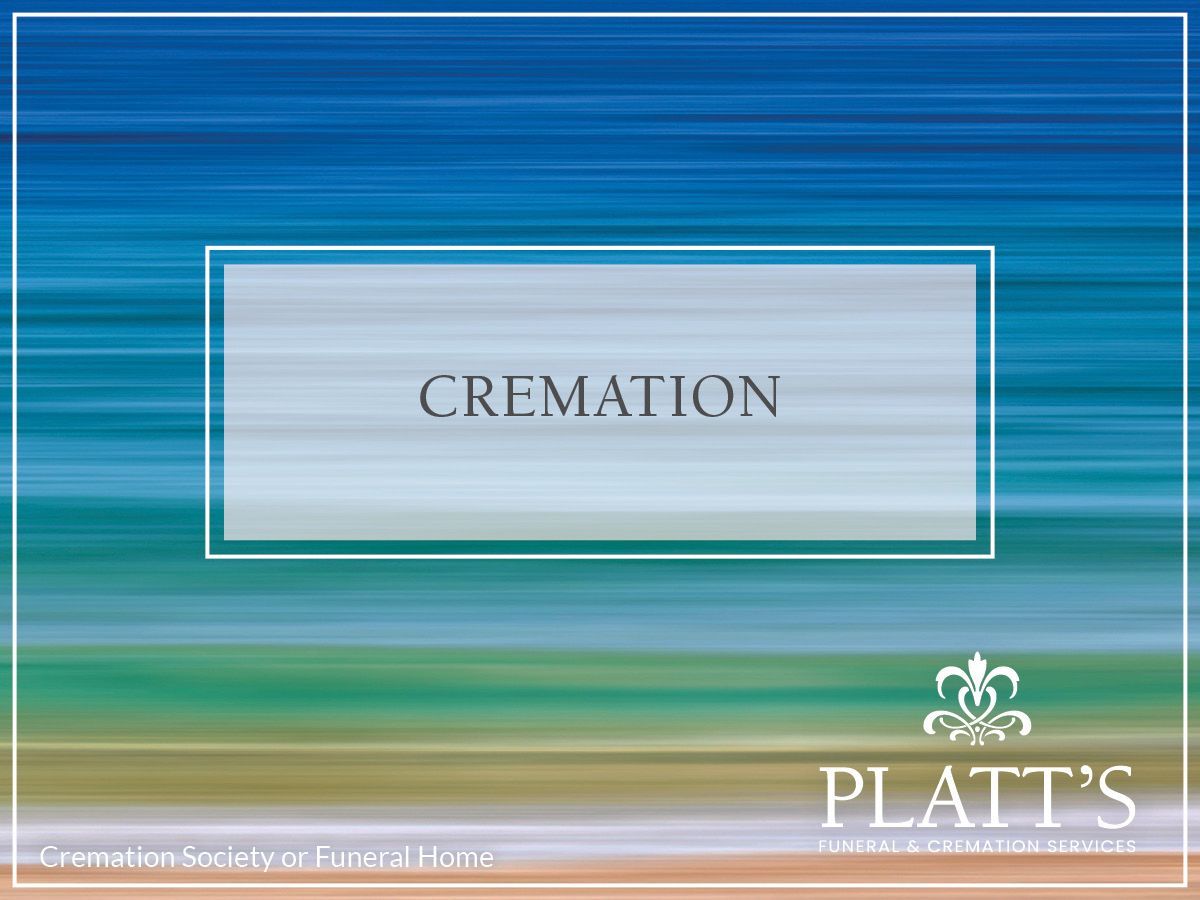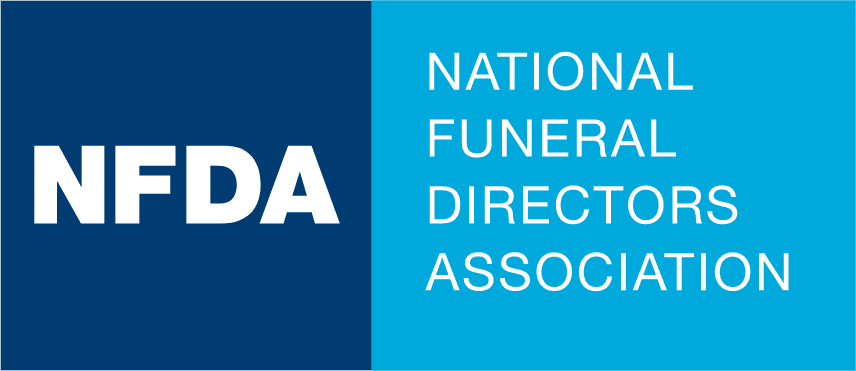Where Are You Now? Three To Six Months After the Death of a Spouse
Grief is individual. Everyone experiences the sorrow over the loss of a loved one in their own way and at their own pace. That said, there is enough common ground for scientists, behaviorists and psychologists to describe steps or stages of grief. These scales for grief are useful. They can be helpful to see your feelings mirrored in the process and it is good to see that progress is to be expected.
In his book, Grief Counseling and Grief Therapy, William Worden takes a little different approach. He describes four tasks the mourner must accomplish.
1. Accept the reality of the loss
2. Work through the grief and pain
3. Adjust to a new environment
4. Find an enduring connection with the deceased while moving on with life
The task of accepting the reality of the loss usually takes place in the first weeks and months after the death. This is a busy time. There are many things to do. The busy work of filing papers and getting affairs in order can distract a person to the point they don’t feel the loss. This in turn can delay task number two - Working through the grief and pain. At some point, it is necessary to slow down and allow yourself to feel the pain. As Worden tells us, “The prescription for grief is to grieve. In my experience I have seen that despite best efforts, there is no way to “get around” grief; we have to be willing to go through it in order to get to the other side.”
Sometime around that three to six-month time frame, it will be time to begin the work needed to accomplish task number three, Adjust to a new environment. This task requires much and takes time. It can mean learning how to live alone, learning how to pay your bills, cook your food, or care for your car. It can mean learning how to ask for and accept help. For some, this may be the hardest part.
However, just as grief can’t be skipped or glossed over, adjusting to life without a person’s loved one must be done by the mourner. No one can do it for them. Others can help, but if one is to go on with life and experience all the joy of the future, it is necessary to engage in this task.















